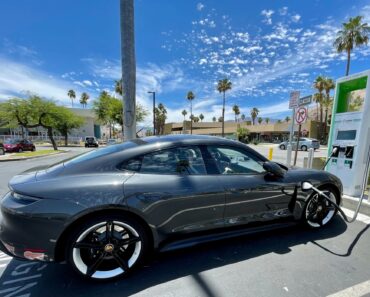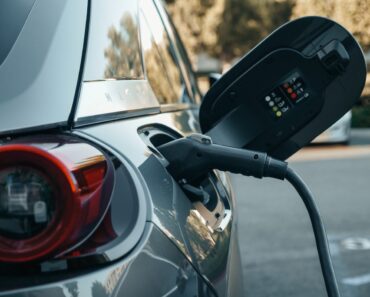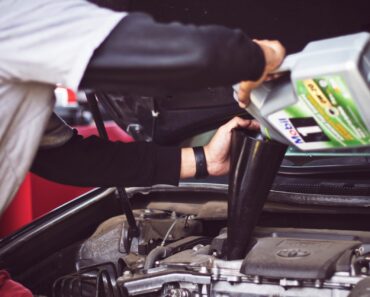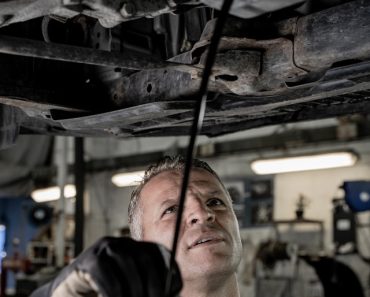There are several potential reasons why your car may be burning out alternators. Some of the most common causes include:
Overcharging
The alternator is responsible for keeping the battery charged and providing power to the electrical systems in the car. If the alternator is overcharging, it can cause the battery to become overcharged, which can lead to damage to the alternator and other electrical components.
Electrical problems
If there are other electrical problems in the car, such as a faulty battery or a short circuit, these issues can cause the alternator to work harder and eventually burn out.
Mechanical issues
The alternator is a mechanical component that can wear out over time. If the alternator is not properly maintained or if there are issues with the belts that drive the alternator, this can cause the alternator to fail.
Overuse
If the electrical systems in the car are being used excessively, such as if the headlights or the air conditioning are being used for long periods of time, this can cause the alternator to work harder and eventually burn out.
Driving habits
If you frequently drive in stop-and-go traffic or if you frequently use high-powered electrical components, such as a sound system, this can put extra strain on the alternator and cause it to burn out more quickly.
Age
Over time, the alternator will wear out naturally. Even if you maintain your car well, the alternator may reach the end of its lifespan and need to be replaced.
Summary
In summary, an alternator can burn out for a number of reasons, including overcharging, electrical problems, mechanical issues, overuse, driving habits, and age. It is important to diagnose the root cause of the alternator failure to avoid the same problem from happening again. A mechanic or auto technician should be able to diagnose the problem and recommend the appropriate course of action.






